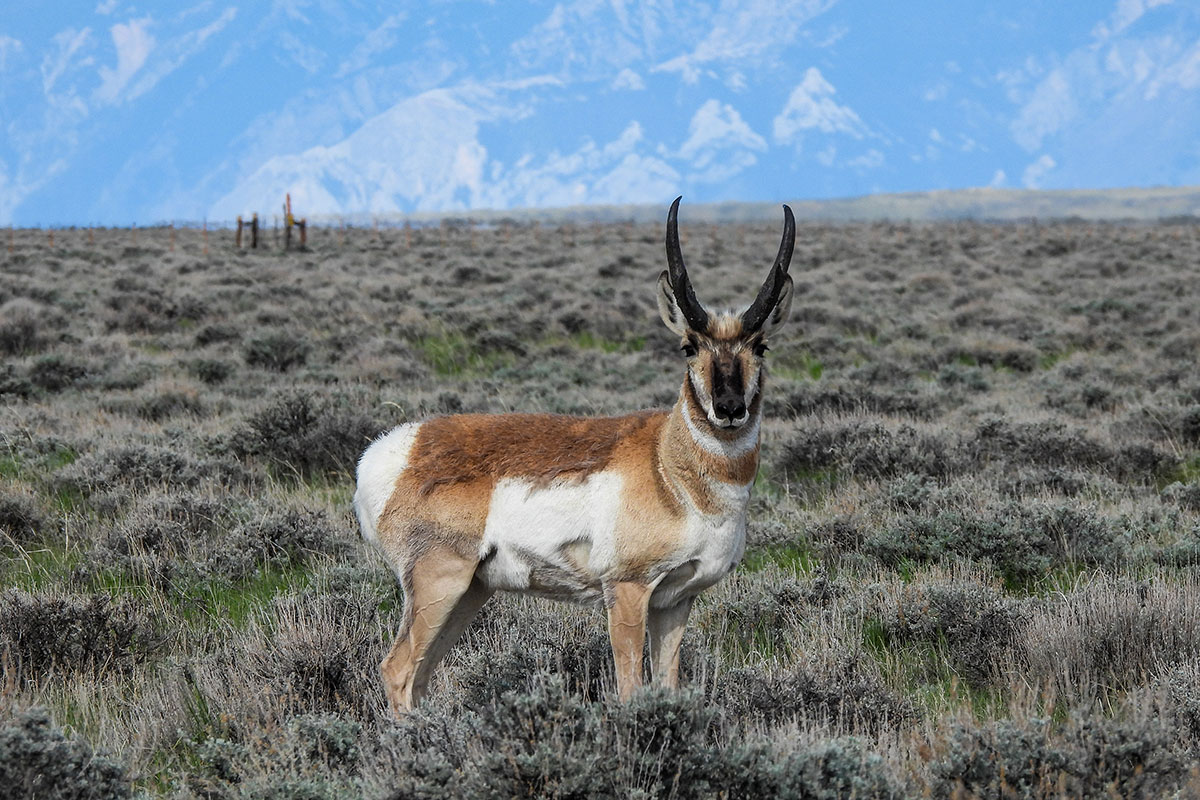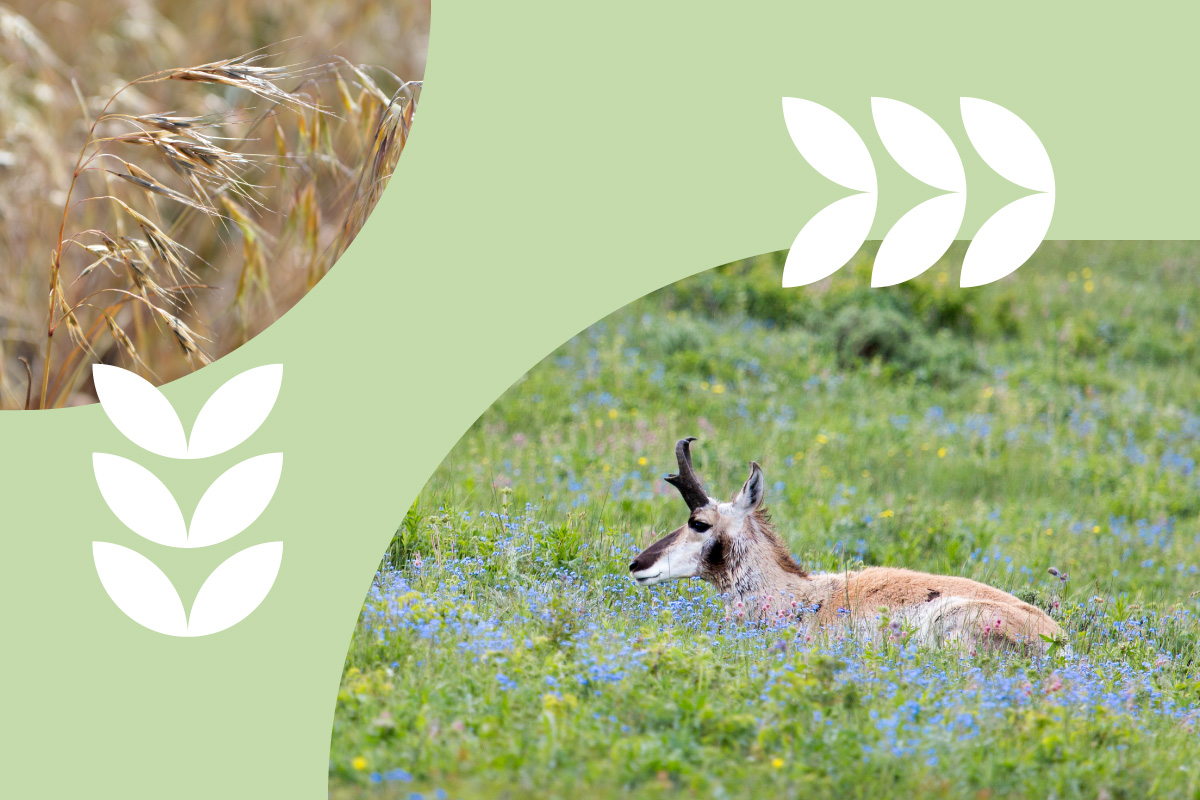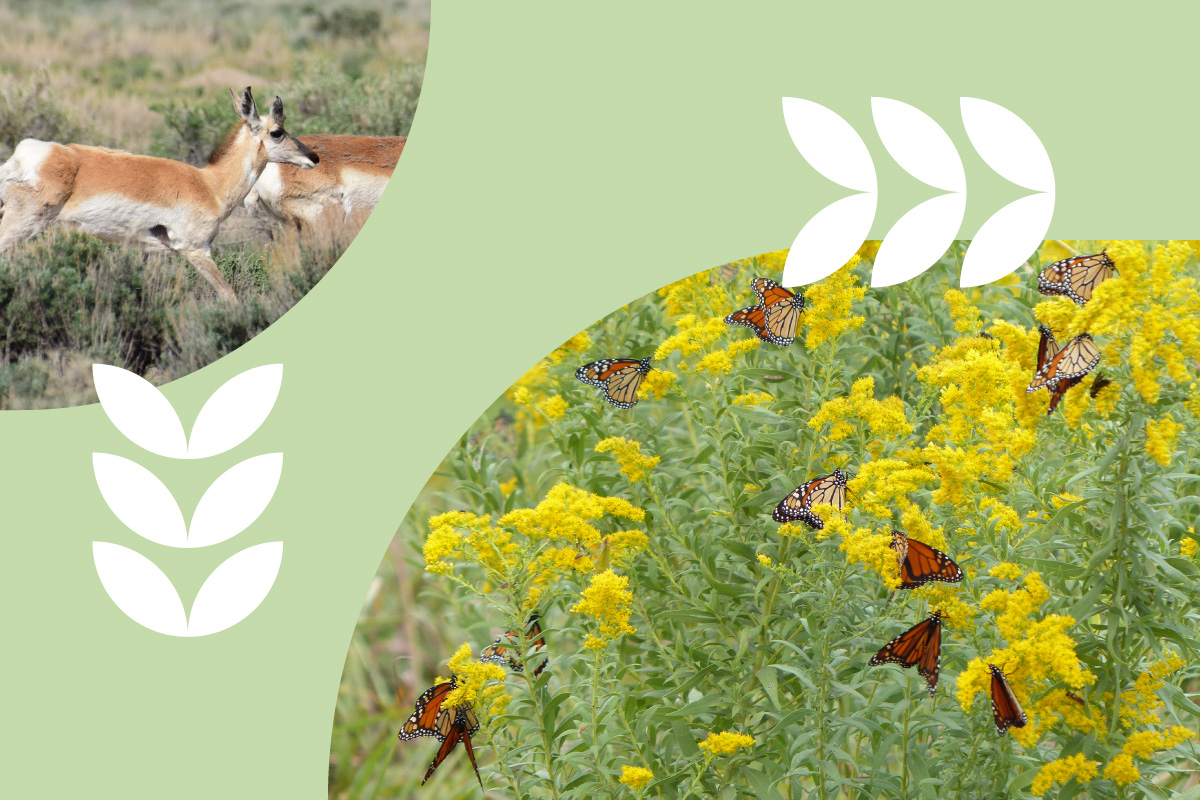
In the past, the company has been hard hit by boycotts and bad publicity that have severely dampened business at its more than 8,500 coffee shops. Most recently the company was “tapped as a bad corporate citizen” in England by the charity Oxfam. Since then, it has been working closely with farms in a coffee-growing region of Ethiopia.
The company already pays a premium on the coffee beans that it buys from Latin America and Asia, which it says provides an incentive for plantations to plant shade trees and limit pesticide use. Starbucks has paid an average of $1.20 a pound for coffee during the last three years, while the New York Board of Trade recently listed coffee at 77.7 cents per pound. These higher prices make Starbucks the company that everyone wants to do business with, which in turn gives it a great deal of leverage in how the coffee is grown.
In consultation with Conservation International, a non-profit environmental group, and Scientific Certification Systems, an independent environmental and food safety evaluation and certification program, Starbucks developed the Coffee and Farmer Equity Practices Program (C.A.F.E.). Using these standards, the groups will be able to audit grower practices.
By 2007, Starbucks expects that 60 percent of the coffee it buys will meet C.A.F.E. standards, and after that Smith says it intends to keep raising that percentage.
 Reuters News Service
Reuters News Service

